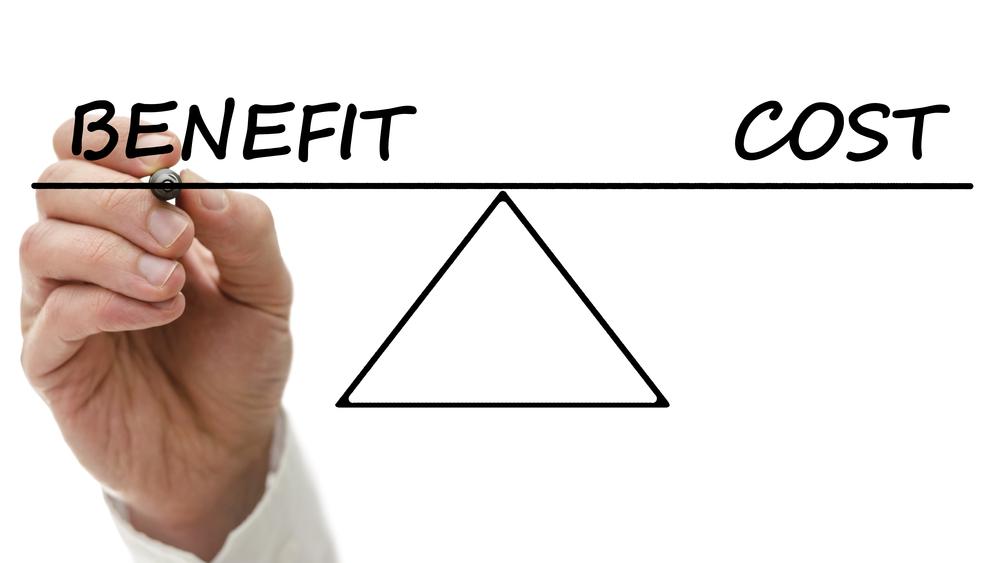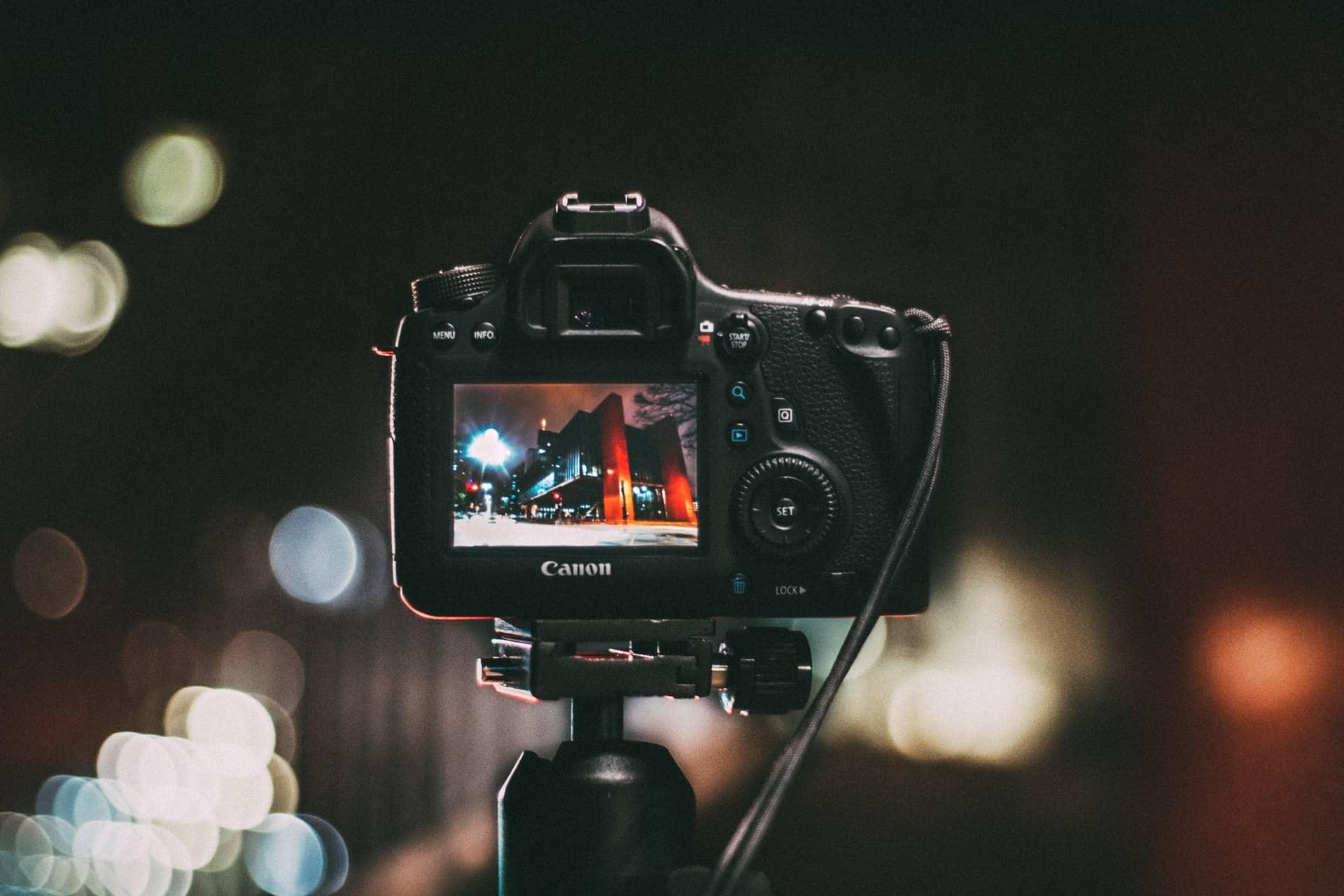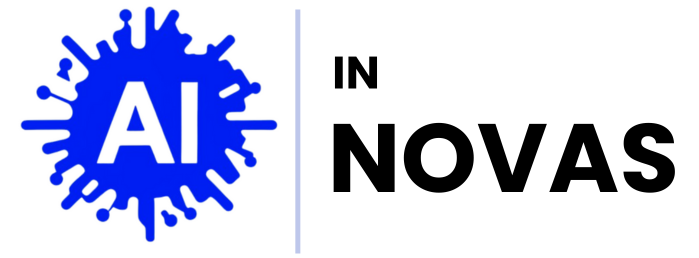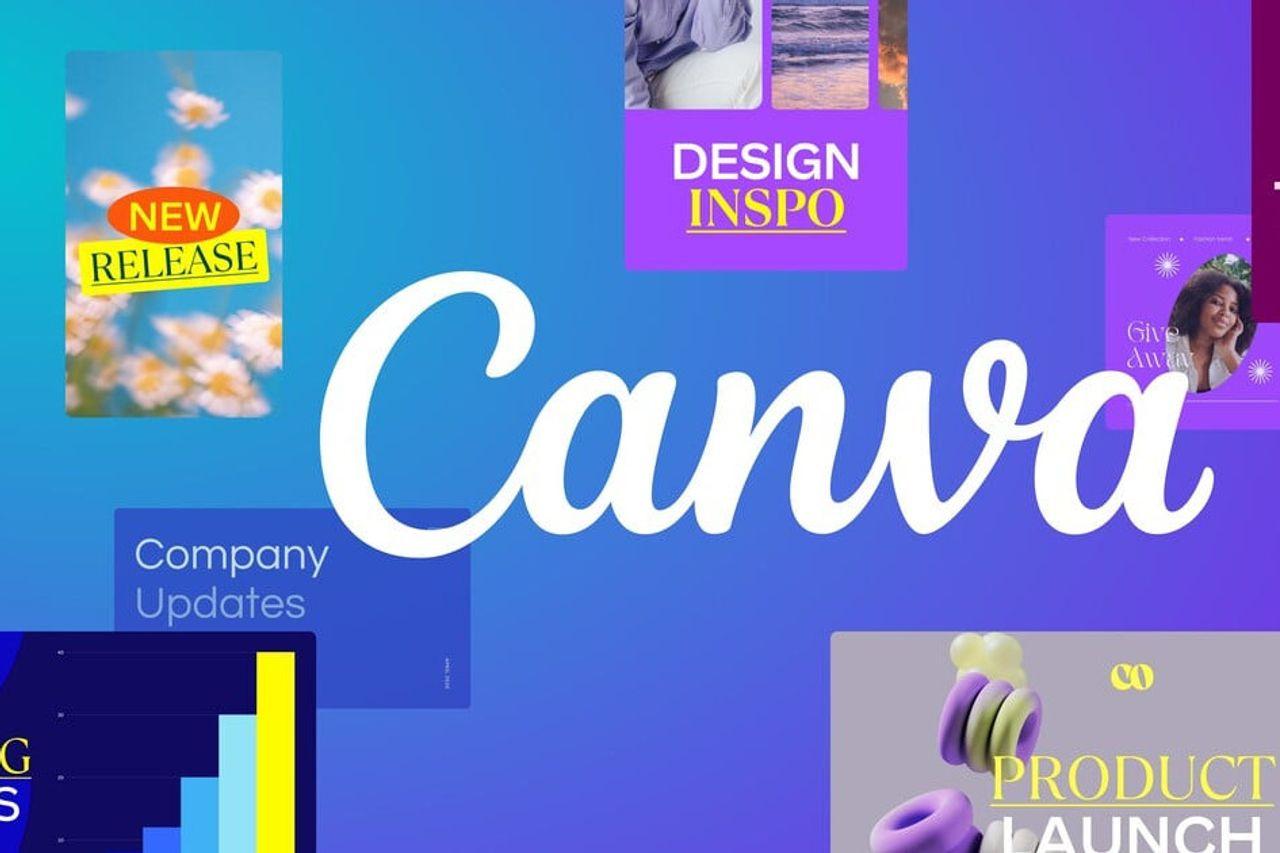In a world where visuals reign supreme, the tools we use to create and edit images can make all the difference in telling a compelling story. For photographers—whether seasoned professionals or passionate hobbyists—the right editing software can enhance their craft and elevate their work. Two popular contenders in this arena are Canva and Fotor, each offering a unique set of features and functionalities tailored to different needs. As photographers navigate the vast landscape of design tools, the choice between Canva’s intuitive template-driven platform and Fotor’s robust editing capabilities can be daunting. In this article, we’ll delve into a comparative analysis of Canva and Fotor, exploring how each platform stacks up in terms of functionality, ease of use, and overall value to help photographers determine which tool best aligns with their creative vision.

Exploring User Experience and Interface Design
When it comes to digital design tools tailored for photographers, user experience and interface design play pivotal roles in fostering creativity and productivity. Both Canva and Fotor have crafted their platforms with unique approaches. Canva prides itself on a clean, drag-and-drop interface that encourages intuitive interactions. Users can easily navigate through an extensive library of templates, fonts, and images, making it ideal for those who prefer to dive right in without a steep learning curve. In contrast, Fotor offers a more streamlined experience, emphasizing photo editing with integrated design capabilities. Its UI is designed for photographers who may need quick adjustments alongside graphic design projects, prioritizing photo enhancements without being overwhelmed by extraneous features.
The way these tools present their functionalities significantly impacts users’ creative workflows. Canva’s design-centric menus are accessible and visually appealing, featuring vibrant icons that guide users through their projects. This promotes a sense of freedom in design without losing one’s way in complex menus. Meanwhile, Fotor stands out in its focus on editing features, offering advanced editing tools like HDR and beauty retouching right from the main dashboard. This layout appeals to photographers who require immediate access to image enhancement tools while still having design capabilities at their fingertips. The variance in user experience reflects each platform’s target audience and purpose, influencing which tool may be better suited for the photographer’s creative journey.

Analyzing Photo Editing Features and Capabilities
When it comes to photo editing, both Canva and Fotor offer a plethora of features designed to help photographers enhance their images. Canva is renowned for its user-friendly interface, making it an ideal choice for those who are new to photo editing. It provides a rich set of editing tools, including:
- Customizable filters and effects
- Text overlays for captions and branding
- Image resizing options for various platforms
- Drag-and-drop functionality for ease of use
On the other hand, Fotor stands out with its suite of advanced photo editing capabilities that cater to more experienced users. While it also offers basic editing tools, it is particularly known for its one-click enhancement feature, which automatically adjusts photos for optimal quality. Other notable features include:
- Batch processing for editing multiple images at once
- HDR effects to enhance dynamic range
- Collage maker for creating stunning visual presentations
- Beauty retouching tools for portrait edits
| Feature | Canva | Fotor |
|---|---|---|
| User-friendly interface | ⭐️⭐️⭐️⭐️⭐️ | ⭐️⭐️⭐️⭐️ |
| Advanced editing tools | ⭐️⭐️⭐️ | ⭐️⭐️⭐️⭐️⭐️ |
| Batch processing | No | Yes |
| Collage making tools | Basic options | Advanced options |

Evaluating Cost-Effectiveness and Subscription Models
When it comes to choosing a design platform, the cost can often be a decisive factor, especially for photographers who may be watching their budget. Both Canva and Fotor offer a variety of subscription models that cater to different user needs. Canva provides a free tier with limited access to templates and features, while its Pro subscription unlocks advanced functionalities such as brand kits and premium stock images. In contrast, Fotor offers a basic free version alongside its Pro plan, which includes enhanced editing tools and a wider selection of templates. As photographers evaluate their needs, it’s essential to sift through these options, understanding not only the monetary aspect but also what each service brings to the creative table.
To effectively weigh the cost against the tools provided, here are some key points to consider:
- Customization Options: Does the subscription allow for tailored templates that align with your photography style?
- Stock Library Access: What is the quality and quantity of stock photos available, and is that crucial for your projects?
- Collaboration Features: If you work with a team, are there adequate tools to facilitate collaboration in your subscription?
| Platform | Free Version | Pro Subscription Cost |
|---|---|---|
| Canva | Available, Basic Features | $12.99/month |
| Fotor | Available, Limited Tools | $8.99/month |
Ultimately, understanding the balance between cost and features is critical for photographers who want the best tool for their creative endeavors. Making a well-rounded decision involves not only looking at what fits the budget but also what will enhance productivity and creativity in their photographic work.

Identifying Ideal Use Cases for Photographers
When choosing between Canva and Fotor, photographers should focus on their specific needs and workflow. Both platforms offer unique features that can cater to various aspects of photography, from editing to design. For instance, Canva excels in creating stunning marketing materials. This can be particularly beneficial for photographers looking to promote their work. Consider the following use cases where Canva shines:
- Creating engaging social media posts and stories
- Designing stylish business cards and flyers
- Producing eye-catching portfolio presentations
On the other hand, Fotor is tailored more toward photo editing and enhancement, making it ideal for photographers who prioritize image quality. Its intuitive interface allows for quick adjustments, perfect for those working on a tight deadline. Here are a few scenarios where Fotor could be the preferred choice:
- Quickly retouching images before uploading to clients
- Batch processing a series of photos to maintain consistency
- Utilizing advanced editing tools for more artistic effects
Here’s a quick comparison table to summarize the ideal use cases:
| Platform | Ideal Use Cases |
|---|---|
| Canva |
|
| Fotor |
|
Insights and Conclusions
In the vibrant world of digital design tools, both Canva and Fotor shine brightly, each offering unique features that cater to the diverse needs of photographers. Whether you’re a seasoned professional or an enthusiastic hobbyist, the choice ultimately boils down to your specific requirements and style preferences. Canva provides a user-friendly platform with an extensive library of templates, making it ideal for those looking to create cohesive, branded graphics. On the other hand, Fotor stands out with its powerful editing capabilities, appealing to those who seek advanced photo manipulation and enhancement tools.
As you embark on your creative journey, consider what matters most to you: Is it ease of use, versatility, or perhaps advanced editing features? Both platforms boast unique advantages that can elevate your photography projects. So, take the time to explore their offerings, experiment with their features, and discover which tool resonates best with your artistic vision. whether you choose Canva, Fotor, or even both, remember that your craft is defined not just by the tools you use, but by your creativity and passion for photography. Happy designing!




Pingback: Canva vs. Adobe Photoshop: Which Design Tool is Right for You? - AI in Novas
Pingback: Canva vs. PicMonkey: A Look at User Experience and Features - AI in Novas